Ways to Save Money on Your Electric Bill
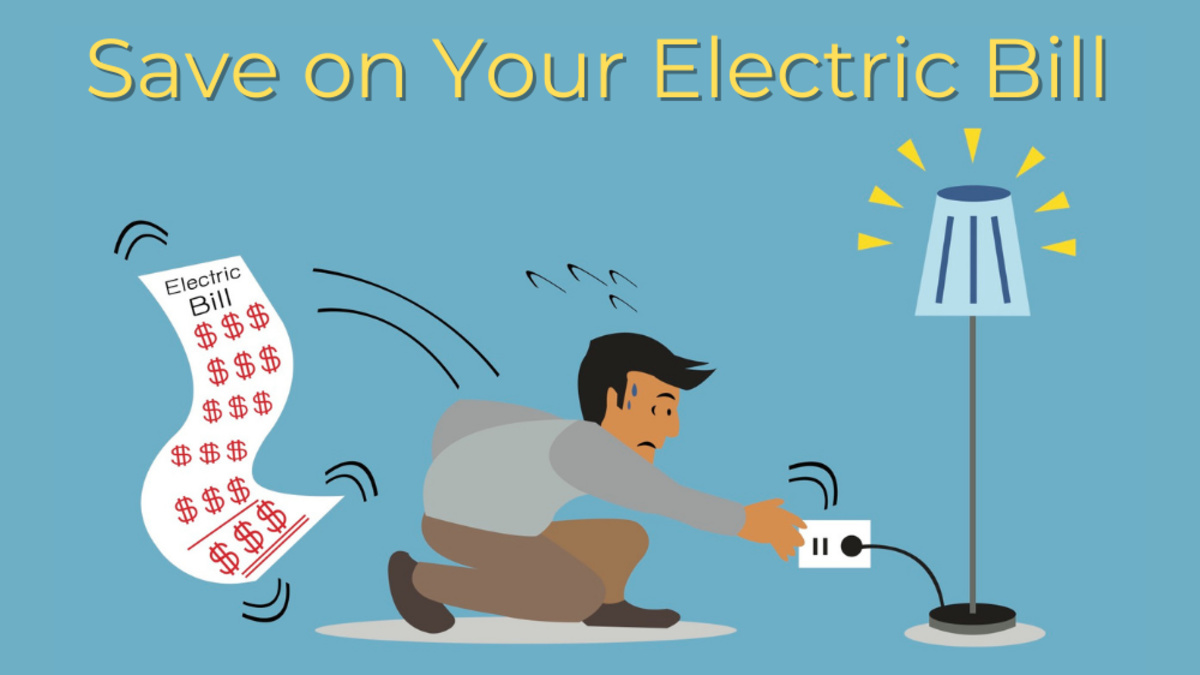
Joy Wallet is advertiser-supported: we may earn compensation from the products and offers mentioned in this article. However, any expressed opinions are our own and aren't influenced by compensation. To read our full disclosure, click here.
- Transparent information on each offer for earnings and tasks.
- Money is deposited quickly and securely
- Featured offers maximize earnings
- First-class referral program
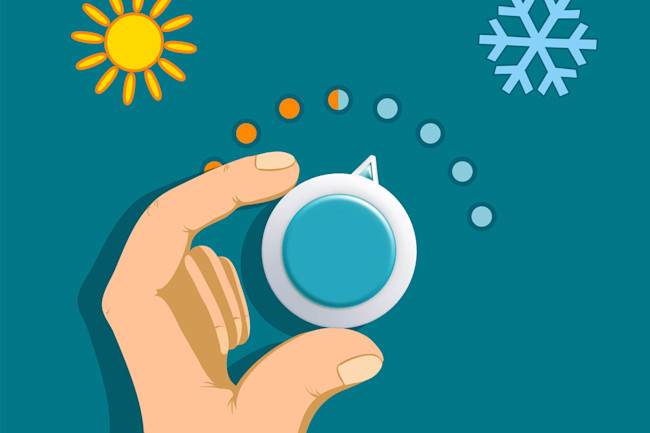
Don’t overwork your heating and air system
- During summer, set your thermostat to 78 degrees Fahrenheit. For every degree below 78 degrees, your energy bill could go up 5%.
- During winter, set your thermostat to 68 degrees Fahrenheit. Just like with cooling your home, if you make your heating system work too much, your heating bill will go up 3% for every degree above 68 degrees.
- Install a programmable thermostat. If you don’t remember to adjust your thermostat, setting a programmable thermostat will work for you, so you can set it and forget it. This is especially helpful so you can adjust temperatures so the HVAC system isn’t running while everyone is at work or school.
- Use an HVAC system with zones. HVAC systems with zones can help optimize the system’s use, especially when combined with a programmable thermostat. For instance, you can have your primary bedroom in one zone, the primary living space in another zone, and the guest room in another zone. You can program your thermostat for the master room, so your system doesn’t run much during the day when it’s not in use but kicks on later in the evening when you’re preparing for bed. Likewise, you can limit your guest room zone to when you have guests.
- Install window treatments. Curtains, blinds, and shades do much more than dress up a room and provide privacy. Closing window treatments during the summer can keep temperatures down inside the house while opening them during the winter months will keep warmth inside.
- Use your ceiling fans. Using ceiling fans, you can make the most of your heating and air system to keep energy costs down. To do so, you should ensure the ceiling fan turns in the correct direction. It should rotate counterclockwise to push cool air down and throughout the room for summer. It should rotate clockwise to pull warm air up and circulate it throughout the room in winter.
- Replace your air filters at the start of winter and summer. When your air filters start to clog, they reduce airflow, making your heating and air system work harder. Changing your filters twice a year will help your HVAC system work more efficiently, using less energy.
- Keep the system free from obstructions. To promote optimal airflow in your HVAC system, ensure the outdoor unit is clear of anything that could block airflow. Think shrubs, grass, trees, or other items. Ensure furniture, boxes, or other items do not block air and return vents; make sure they are open and functioning. However, if you have air vents in unused rooms, close them to direct air to other parts of the house where needed.
- Schedule a maintenance checkup. Have a heating and air professional check out your system at least once a year to ensure it’s functioning correctly, which will reduce cooling and heating costs.

Check for air leaks
- Check around all windows and doors. You can run your hand along the window or door frame to see if you feel air blowing on you. Another way is to hold a candle and move it along the window or door frame. If the flame wavers, you have an air leak. You can seal an air leak using weatherstripping or caulk if you find an air leak.
- Check around baseboards, electrical outlets, and light switch plates. Again, run your hand along the edges of these items to see if you feel any air movement.
- Don’t forget to check the exterior of the home. Walk around the house, and check around outdoor water faucets, places where wiring or plumbing enters the home, and areas where the siding meets your chimney or foundation.
- Don’t skip attic hatches or pet doors. These doors also could be prime locations where air escapes.
- Transparent information on each offer for earnings and tasks.
- Money is deposited quickly and securely
- Featured offers maximize earnings
- First-class referral program
Keep water heating costs down
- Maintain your water heater at 120 degrees Fahrenheit. This will save energy while providing the hot water you need.
- Use an energy-efficient water heater. When shopping for a new water heater, look for an energy-efficient model that reduces energy usage.
- Take shorter showers. The less time you spend in the shower, the less hot water you need, reducing energy costs.
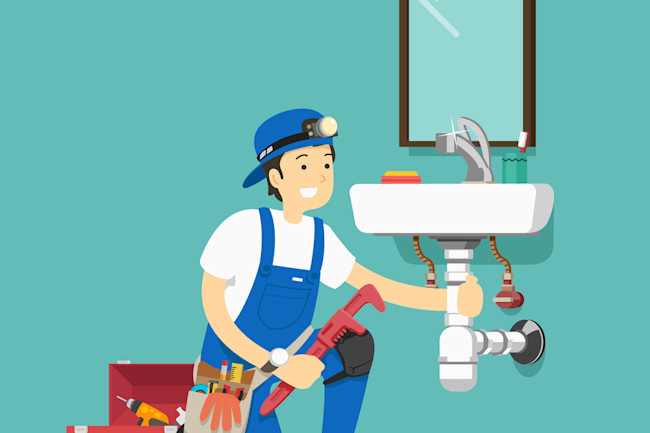
Examine plumbing and appliances to minimize water usage
- Check your plumbing for leaks. Dripping faucets or leaky pipes can waste gallons of water each year, not to mention drive up your electric bill.
- Install a low-flow showerhead. This is a great energy-saving tool for using less water and energy.
- Exchange your washing machine for an energy-efficient model. Today’s washing machines are much more energy-efficient than past models, saving energy and using cold water for many cycles. Look for models with the Energy Star rating from the U.S. Department of Energy at Energy.gov.
- Upgrade your dishwasher. Today, dishwashers use less energy and water while offering an “air dry” option to reduce energy use further.
- Install a low-flow faucet or add an aerator to your existing kitchen faucet. This reduces water usage, especially hot water, while rinsing vegetables or washing your hands.
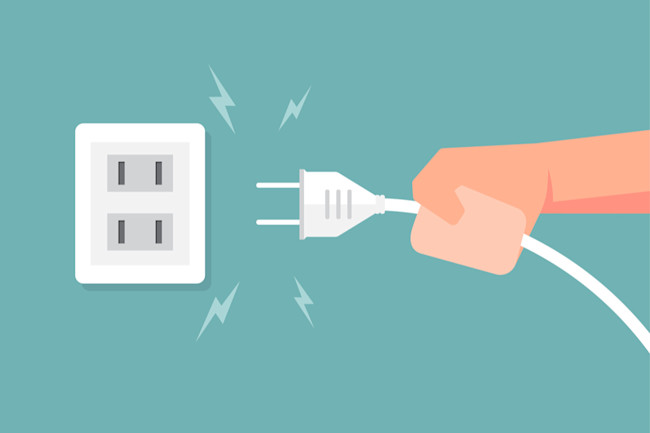
Cut electric use
- Turn off lights, ceiling fans, TVs, and other devices when not in use. It can be easy to leave a light or ceiling fan on when leaving the house or even move from one room to another for an extended period of time. Turn these off when no longer needed. Using timers on these devices also could ensure they are turned off if you forget.
- Use dimmer switches. Dimming the lights is a quick and handy way to reduce how much energy you use to light a room.
- Stop vampire energy. Vampire energy is electricity that feeds appliances and devices even if turned off. For instance, your coffee pot, treadmill, and electric toothbrush consume electricity if plugged in—even if turned off. Your phone charger also continues to consume electricity if plugged in, even if there’s no phone attached. While it may not be realistic to unplug your washing machine when not in use, you could reduce your electricity consumption by unplugging items that are not needed for long periods of time. A power strip can help you turn off multiple devices simultaneously.
- Replace light bulbs with energy-efficient bulbs. Incandescent light bulbs—for many years the standard—are the least energy-efficient light bulb available. In contrast, an LED light is very energy-efficient and long lifespan. Compact fluorescent light bulbs also use less energy than incandescent bulbs, but LED lights are the most efficient.
- Upgrade appliances to energy-efficient models. Energy-efficient appliances are widely available for use throughout the home. You can find a model that will cut your energy costs from refrigerators to dishwashers to water heaters to dryers and much more.
- Avoid peak hours to reduce energy costs. Run appliances like the dishwasher and washing machine at night when energy use is not during peak hours.
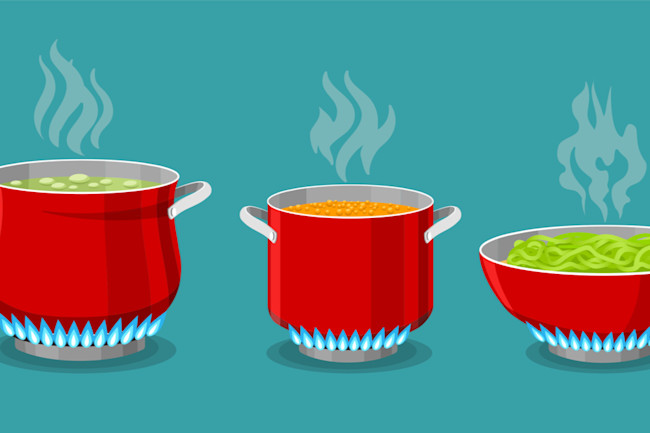
Cook smart
- During the summer heat, skip the oven. Using your oven during the summer, particularly during peak hours when temps are at their highest, not only increases the heat in your home but also works your air conditioner much harder. Consider using a toaster oven, slow cooker, or outdoor grill as an alternative.
- Match your pots to the burner. It may not be obvious, but much of the heat produced escapes around the pot if you use a small pot on a larger burner. Instead, use a burner that matches your pot size.
- Don’t push the refrigerator right up against the wall. Having a space as little as 1 inch between your refrigerator and wall can allow air movement and reduce this appliance's energy.
- Transparent information on each offer for earnings and tasks.
- Money is deposited quickly and securely
- Featured offers maximize earnings
- First-class referral program
Upgrade your home with energy-efficient materials
- Doors
- Windows
- Roofing materials
- Vinyl siding
- Insulation

Don’t overlook these tips
- Clean your dryer vent after every load to keep it working smarter, not harder.
- Have your air ducts cleaned periodically to improve airflow and the efficiency of your heating and air system and your dryer?
- Check the insulation in the attic, around ducts, and in the crawl space, and add or replace insulation as needed.
- Dry your clothes on a clothesline on a warm, sunny day.
- Clean the refrigerator coils to keep the appliance running smoothly. Read your owner's manual before starting to make sure you do it correctly to avoid damage.
- Close the damper on your fireplace when not in use. Remember to open it when you are ready to warm up the house.
- Collect rainwater for watering potted plants and the garden.
- Make sure your refrigerator is set between 37 and 40 degrees Fahrenheit for energy efficiency. Freezers should be set at 0 degrees Fahrenheit.
- Plant trees around your house that provide shade and insulation, reducing your air conditioning costs.
- Run your dishwasher, washing machine, or dryer only when you have full loads.
- Check with Energy.gov and your state and local utility companies for tax credits, rebates, and other savings when you purchase energy-efficient appliances or install energy-efficient products such as windows and doors.
Joy Wallet is an independent publisher and comparison service, not an investment advisor, financial advisor, loan broker, insurance producer, or insurance broker. Its articles, interactive tools and other content are provided to you for free, as self-help tools and for informational purposes only. They are not intended to provide investment advice. Joy Wallet does not and cannot guarantee the accuracy or applicability of any information in regard to your individual circumstances. We encourage you to seek personalized advice from qualified professionals regarding specific investment issues. Featured estimates are based on past market performance, and past performance is not a guarantee of future performance.
Our site doesn’t feature every company or financial product available on the market. We are compensated by our partners, which may influence which products we review and write about (and where those products appear on our site), but it in no way affects our recommendations or advice. Our editorials are grounded on independent research. Our partners cannot pay us to guarantee favorable reviews of their products or services.
We value your privacy. We work with trusted partners to provide relevant advertising based on information about your use of Joy Wallet’s and third-party websites and applications. This includes, but is not limited to, sharing information about your web browsing activities with Meta (Facebook) and Google. All of the web browsing information that is shared is anonymized. To learn more, click on our Privacy Policy link.
Images appearing across JoyWallet are courtesy of shutterstock.com.
Karon Warren is a freelance writer who has covered articles in finance, insurance and health for sites like Reviews.com, USA Today, Healthgrades, among others.









